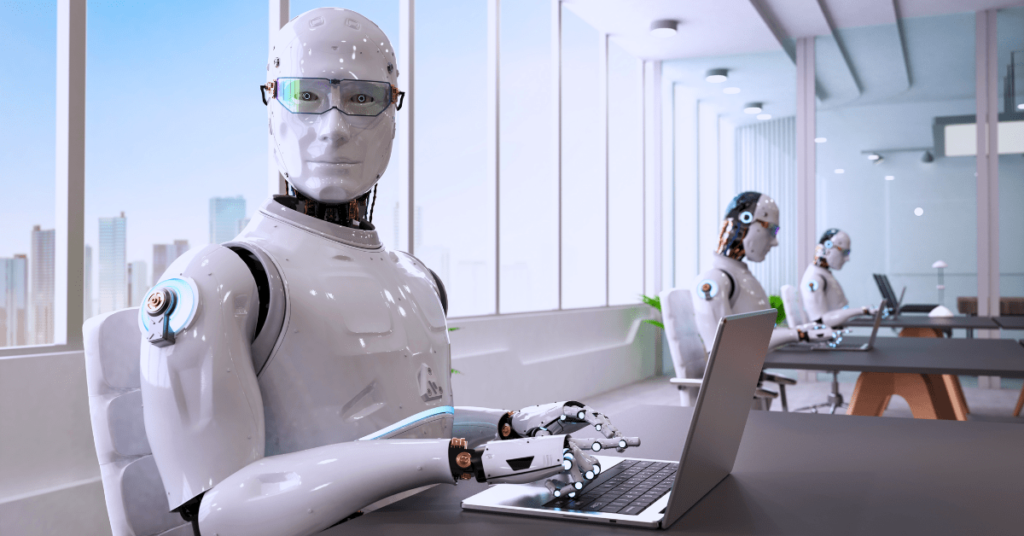As artificial intelligence (AI) reshapes the global landscape, its impact on the workforce has become a critical discussion. A new report from the Tony Blair Institute (TBI) sheds light on how AI could redefine productivity, job structures, and workplace dynamics. This article delves into TBI’s findings, exploring both the potential opportunities AI offers and the challenges it may present.
A Historic Shift in Labor and Productivity
AI is poised to become a transformative force, comparable to past revolutions like agriculture and digitalization. TBI estimates that AI could save up to a quarter of private-sector workforce time, equivalent to the annual output of 6 million workers. By automating routine cognitive tasks—such as data analysis and administration—AI could boost productivity, particularly in sectors like finance, insurance, and other information-heavy industries.
However, jobs reliant on manual skills, like trades and construction, may see less direct AI impact. The report suggests that while some job displacement is likely, the economic growth AI could stimulate may generate demand for new roles and industries.
The Role of AI in Education and Workforce Development
Beyond the labor market, AI has the potential to enhance educational outcomes. By personalizing learning and supporting educators, AI could improve educational achievement by about six percent on average. This potential for improved access and quality in education could, over time, foster a more skilled and adaptable workforce.
Healthcare and Employee Well-being
AI’s benefits extend into healthcare, promising advancements in medical research, preventive care, and support for individuals with disabilities. These applications can contribute to a healthier, more resilient workforce and help reduce welfare costs.
Navigating Workplace Transformation
AI’s integration into workplaces isn’t without challenges. Increased monitoring and task automation could introduce stress and ethical concerns. The TBI report calls for careful management of AI tools to ensure they foster a positive, inclusive, and safe work environment.
To help workers adapt, TBI recommends establishing an “Early Awareness and Opportunity System,” providing guidance on potential career transitions and skills development.
Preparing for an AI-driven Future
TBI underscores the importance of proactive policies to maximize AI’s benefits while mitigating risks. Recommendations include incentivizing AI adoption across industries, launching AI-pathfinder programs, and offering incentives to address labor shortages in the public sector.
Ultimately, the report encourages a balanced, “pro-innovation” stance, recognizing that while AI poses challenges, its potential benefits are too significant to ignore.
Conclusion
AI’s impact on the workforce will be profound, bringing both disruption and opportunity. As we embrace these changes, thoughtful policies and strategic planning will be essential to foster an economy that remains dynamic, resilient, and inclusive.
For more insights on AI’s evolving role in society, explore our upcoming events, including the AI & Big Data Expo in Amsterdam, California, and London.
Sources: https://www.artificialintelligence-news.com/news/understanding-ai-impact-on-the-workforce/, https://therecursive.com/how-ai-will-impact-the-future-of-work/






